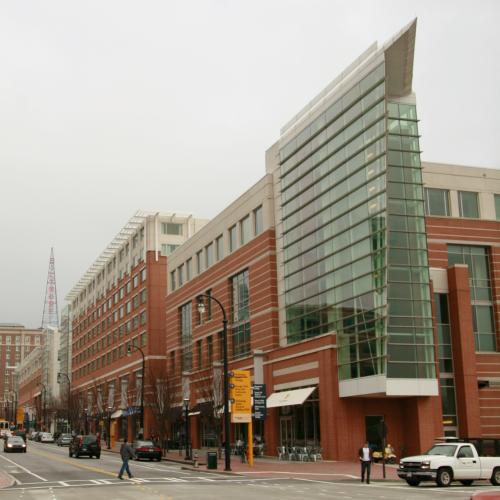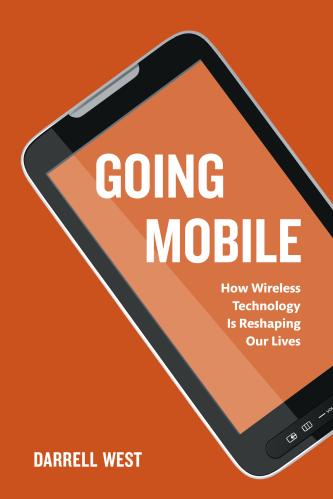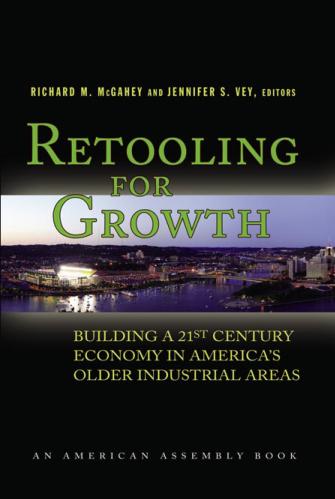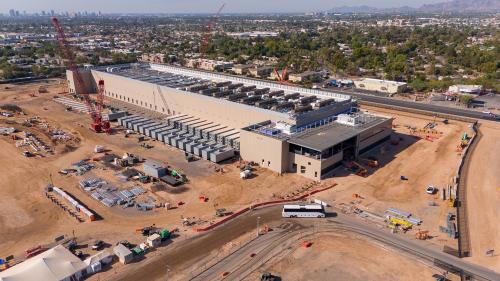Sixty years ago San Jose was a farming community outside of San Francisco and Zurich a banking and traditional chemical manufacturer. Today, these cities are among the global elite, with their citizens experiencing double-digit income growth annually and enjoying low unemployment rates.
San Jose and Zurich succeed where other cities did not because they got in on the ground floor of technology platforms (information technology and biotechnology) that have redefined the global economy. For example, William Shockley set up Fairchild Semiconductors—the semiconductor company that ushered in the internet age—near Stanford University and numerous military facilities (which funded the internet), and the rest is history.
Today, it seems like mayors in almost every city have plans to become the next Silicon Valley by creating accelerators, incubators, publicly funded venture funds, and other programs to grow the “app economy.” But even if these cities do have legitimate opportunities to build consumer internet clusters (and most don’t), is this path the best strategy for economic growth?
There is no doubt information technology will continue to drive much of the global economy, but the fastest-growing companies a generation from now will likely look different than Facebook or Twitter. This is because a set of new technology platforms—some IT-enabled, others not—are poised to radically reshape the economy. Technologies like the Internet-of-Things (IoT), health IT, automation and robotics, machine learning and new data analytics, genomics and personalized medicine, next generation batteries, and additive manufacturing are popular media topics but have not reached their full economic potential. Today, these technologies are in their infancy—existing in university research labs and within high-end products—but within the next decade they, like the internet today, will become ubiquitous, impacting every product and service and disrupting every industry. According to McKinsey research, 12 technologies coming online could double global GDP by 2025.
Economists like Rob Atkinson argue that countries grow based on “general purpose technologies”—innovations that fundamentally reshape the economy, like electricity, refrigeration, and the internet. GPTs come around once or twice a generation and radically redraw the competitive landscape of cities and nations. For example, innovations in capital markets in the 1980s made New York, Zurich, and Tokyo global financial hubs.
The next wave of GPTs will have similar effects, with a handful of cities rising above the rest and capturing massive global markets. What will the competition look like with these technologies? First, not every city will be able to compete. The race for dominance among these technologies has already started with some cities home to leading research universities and companies. Creating technical capacity from scratch is impossible. Second, most cities that are in the running today will fall behind. City leaders should think about their competitive position as if they were MySpace and Facebook in the mid-2000s. In the early days of GPTs many places are competitive, but once these technologies reach critical mass and markets solidify around them, specific cities will be home to leading companies and clusters and others will not.
How can cities best position themselves to be among the global winners? To begin with, cities need to audit their assets and decide if they have the necessary innovation and research and development capacity. Next, is there a base of firms that have clear lines-of-sight to next-generation technology markets? Finally, are there sufficient capital pools to invest in entrepreneurs? Every city competing for GPTs has a mix of these three with specific strengths and weaknesses.
Take automation for example. According to McKinsey, automation, artificial intelligence, and natural user interfaces (e.g., voice recognition) could add $9 trillion to the global economy within the next decade. There are likely 50 global cities with a blend of innovation strengths to dominate in automation, but each have weaknesses as well. For example, according to our research, Pittsburgh has 12 times the academic publications in artificial intelligence as the national average (largely due to Carnegie Mellon University). On the other hand, the city has only 66 percent the national average employment in software. Stockholm, a global competitor of Pittsburgh’s in automation, does not have Pittsburgh’s academic strength in artificial intelligence, but it receives 10 times the foreign direct investment that Pittsburgh does—the largest category of which is software and communication technology firms. Will Pittsburgh or Stockholm emerge as the preeminent global city around automation?
Cities have always competed with one another, but a suite of nascent technologies will likely fundamentally shift the balance of power and create a new class of truly global cities. Will your city be among them?
The Brookings Institution is committed to quality, independence, and impact.
We are supported by a diverse array of funders. In line with our values and policies, each Brookings publication represents the sole views of its author(s).










Commentary
Technology will create tomorrow’s global cities
September 14, 2016